Will the maps stand?
That's the question on everybody's mind after Judge Dianna Gibson's redistricting decision. The legislature sure seems to be talking like they don't think they can overturn it.
Help us reach 100
Utah Political Watch is reader-funded. We need 100 new paid subscribers to keep this work going.
We're independent. We don't pull punches. We answer only to readers—not corporations, billionaires, or political agendas.
Fewer than 1% of our readers support this work. Be different.
Support journalism that holds power accountable.
In this week's episode of "Special Session," we break down why January 2nd—not the statutory deadlines everyone keeps citing—is the real date to watch. That's when candidate filing begins, and as we just saw in Texas, courts want to get these decisions finalized before candidates start running.
But redistricting isn't the only story moving right now.
Follow the money
We've been digging into who's bankrolling the GOP's Prop 4 repeal effort, and what we found is remarkable: over $1 million from Securing American Greatness Inc., a dark money group deeply tied to Donald Trump. This is the same organization that dumped $62 million into Trump's super PAC during the 2024 election.
Remember all those speeches from Republican lawmakers about "outside money" corrupting Utah's ballot initiative process? Well, here's $1,087,500 of outside money flowing into the state to fund their signature gathering operation.
The CD1 money race
Ben McAdams raised $500,000 in his first day as a declared candidate. To put that in perspective, that's more than every Democratic congressional candidate in Utah raised in 2022 and 2024 combined.
In the episode, we'll break down what this means for other potential Democratic candidates and why the math in this new D+14 district isn't as simple as some people think. Spoiler: it's still 35% Republican, 33% Independent, and only 25% Democratic. Democrats will need crossover voters to win, just like they always have.
Press freedom update
An update on the federal lawsuit against the Utah Legislature over press credentials just got two major amicus briefs in support—one from the ACLU of Utah, another from FIRE and the Reporters Committee for Freedom of the Press. The legislature's response is due December 10th.
The core issue remains: should the government get to decide who is and isn't a legitimate journalist? The ACLU brief makes a compelling argument that what's happening here is essentially government licensing of the press, and that's a First Amendment problem.
Listen to the full episode
Listen at this link or on Apple Podcasts, Spotify, YouTube or wherever you get your podcasts.
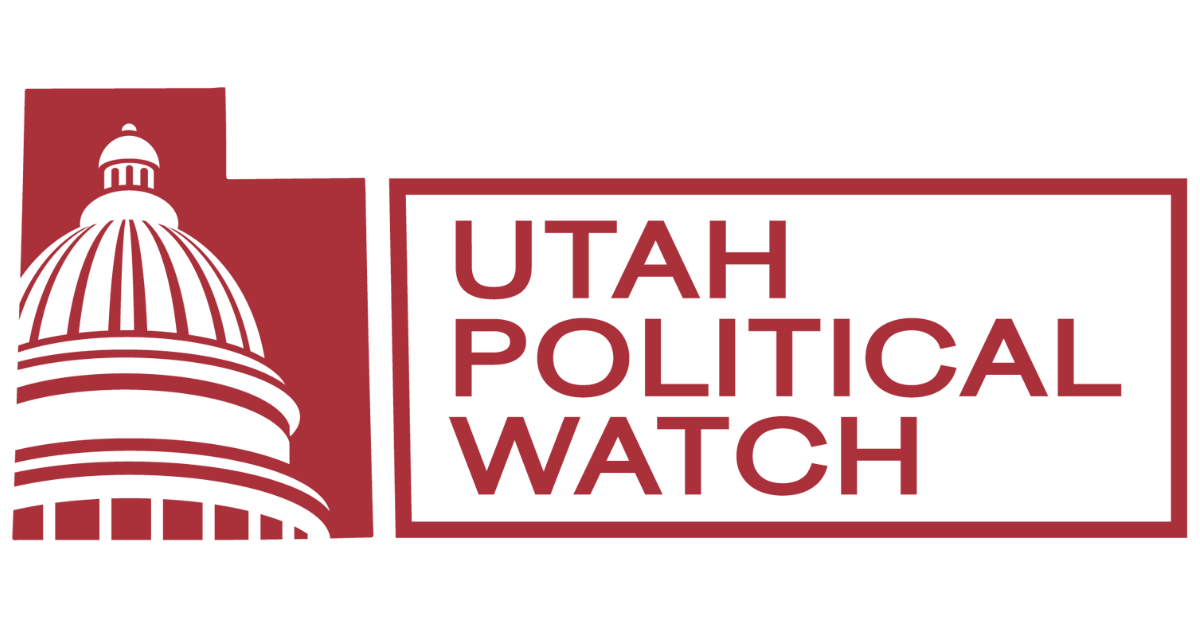
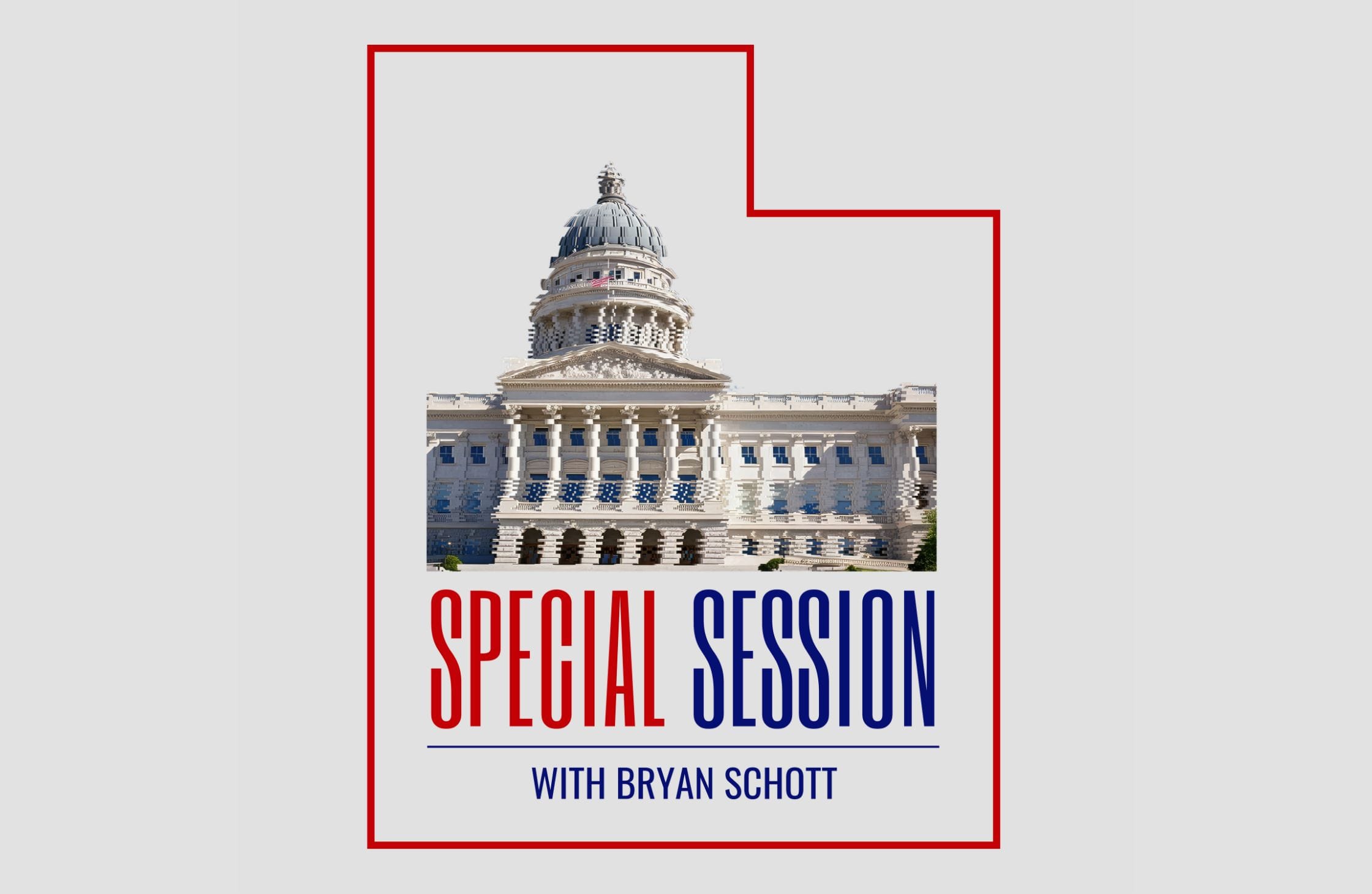

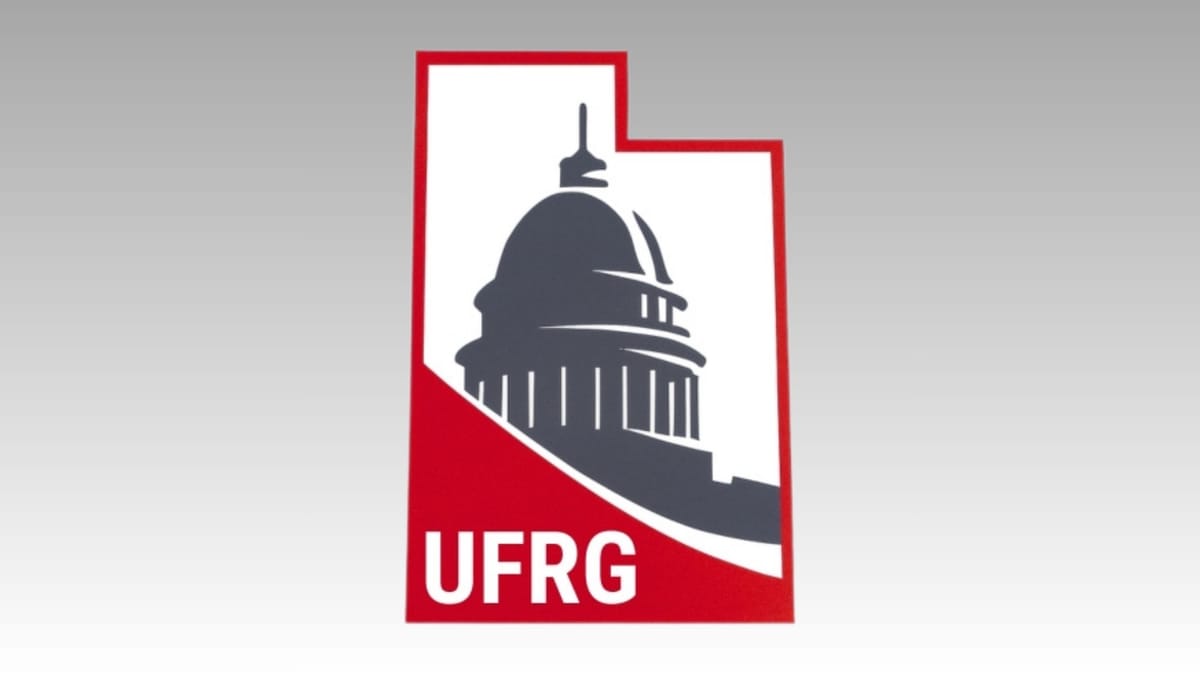

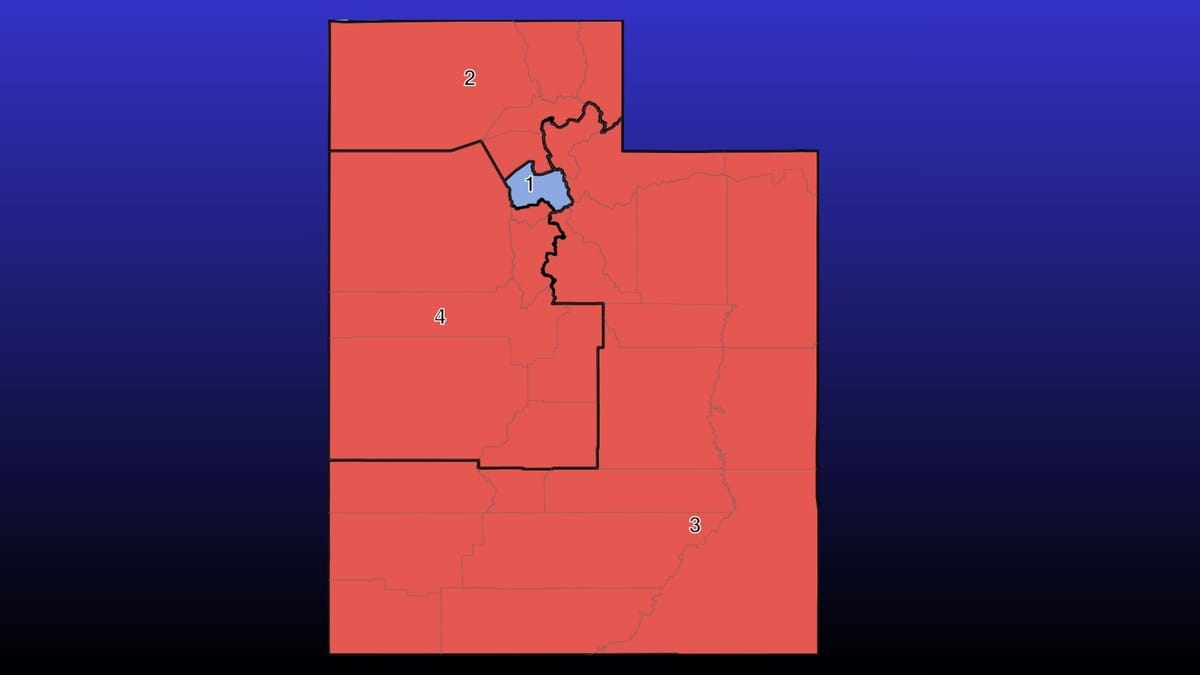
Comments